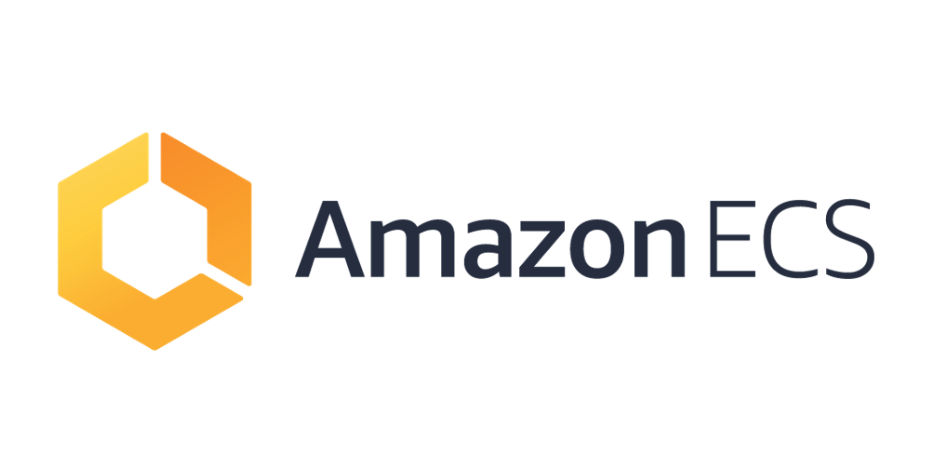Understanding AWS ECS: A Deep Dive into Container Orchestration
 Amulya
Amulya
AWS Elastic Container Service (ECS) is Amazon's proprietary container orchestration platform. In this comprehensive guide, we'll explore what ECS is, how it compares to other container orchestration solutions, and when you should consider using it.
What is AWS ECS?
ECS (Elastic Container Service) is AWS's native container orchestration platform that allows you to run and manage Docker containers at scale. Unlike other container orchestration platforms that are based on Kubernetes, ECS is AWS's proprietary solution specifically designed for its cloud environment.
The Evolution of Container Orchestration
The Docker Problem
Before diving into ECS, let's understand why container orchestration platforms are necessary:
Auto-healing Limitations: Docker alone doesn't provide auto-healing capabilities. If a container goes down, there's no automatic mechanism to bring it back up, leading to potential application downtime.
IP Address Changes: When containers restart, their IP addresses change, which can cause connectivity issues if applications are directly accessing containers by IP.
Auto-scaling Challenges: Docker by itself doesn't provide automatic scaling capabilities to handle varying loads.
ECS Architecture
ECS has a relatively simple architecture compared to Kubernetes, consisting of these main components:
Clusters: The foundation of ECS that groups your container workloads
Task Definitions: Blueprint for how your containers should run (similar to Kubernetes pods)
Tasks: The actual running instances of your containers
Services: Manages long-running workloads and provides features like load balancing
ECS Deployment Options
ECS offers two deployment models:
EC2 Launch Type: Traditional server-based model where you manage EC2 instances
Fargate Launch Type: Serverless compute engine where AWS manages the underlying infrastructure
Advantages of ECS
Simplicity: Much simpler architecture compared to Kubernetes
Deep AWS Integration:
Native integration with AWS services
Uses familiar IAM roles and policies
Easy integration with AWS load balancers
Managed Service: When used with Fargate, requires minimal infrastructure management
Limitations of ECS
AWS Lock-in:
Resources created in ECS are not portable to other cloud providers
Migration from ECS to other platforms requires significant effort
Feature Set:
Fewer features compared to Kubernetes
No support for Custom Resource Definitions (CRDs)
Limited extensibility options
Community Support:
Being proprietary, lacks the extensive community support that Kubernetes enjoys
Fewer third-party tools and integrations available
When to Choose ECS?
ECS might be the right choice when:
You're fully committed to the AWS ecosystem
You need a simpler container orchestration solution
You're a startup or small team with basic containerization needs
You want to leverage AWS Fargate for serverless container deployment
When to Consider Alternatives?
Consider other options (like EKS or self-managed Kubernetes) when:
You need advanced container orchestration features
Multi-cloud strategy is important for your organization
You require extensive third-party tool integration
You need the flexibility to extend the platform's capabilities
Conclusion
AWS ECS offers a straightforward approach to container orchestration, especially appealing for AWS-centric organizations that prioritize simplicity over advanced features. While it may not match Kubernetes in terms of features and flexibility, its tight integration with AWS services and simplified management make it a compelling choice for specific use cases.
Remember that choosing between ECS and alternatives like EKS should be based on your specific requirements, team expertise, and long-term cloud strategy.
Want to learn more about container orchestration? Check out our upcoming articles on AWS EKS and Kubernetes!
Subscribe to my newsletter
Read articles from Amulya directly inside your inbox. Subscribe to the newsletter, and don't miss out.
Written by